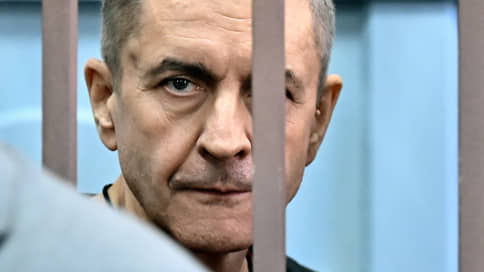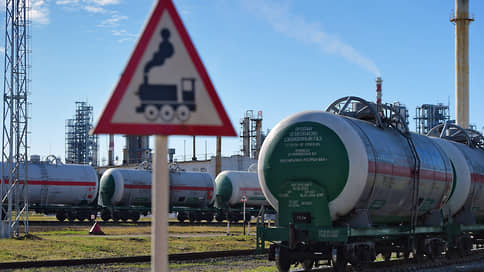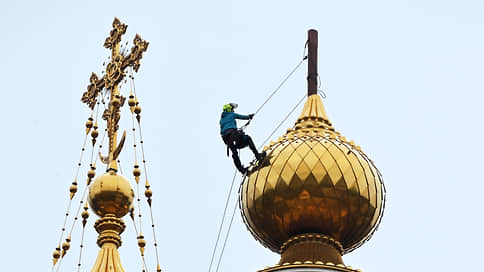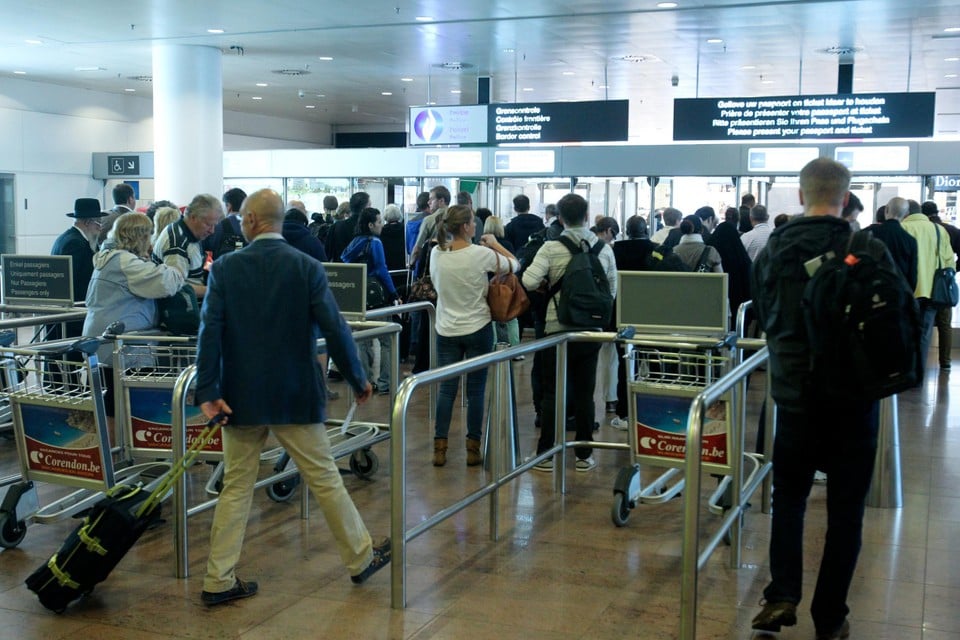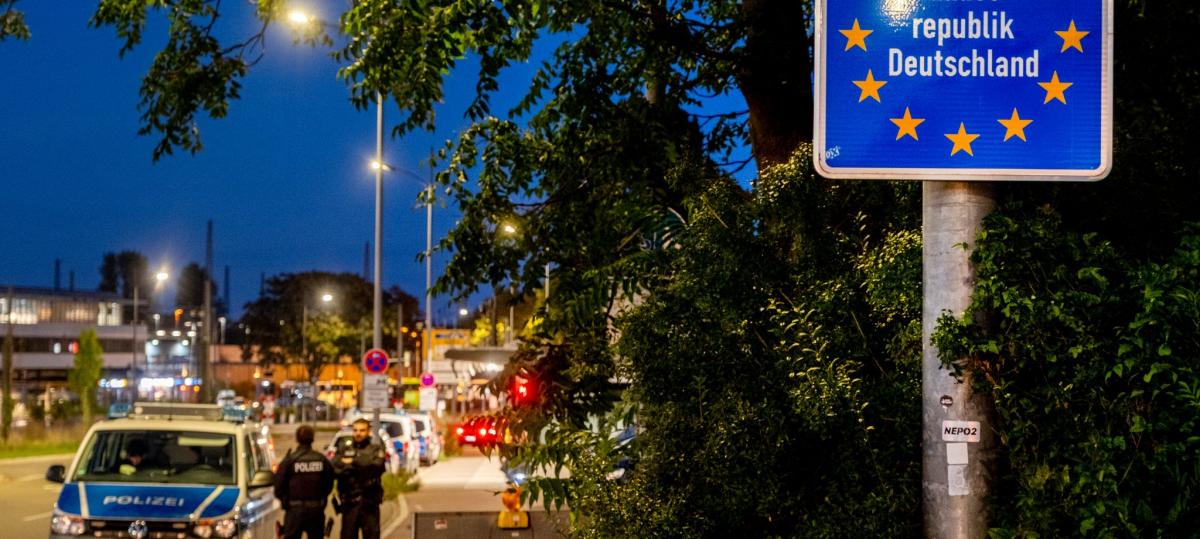Why argue and what will happen next
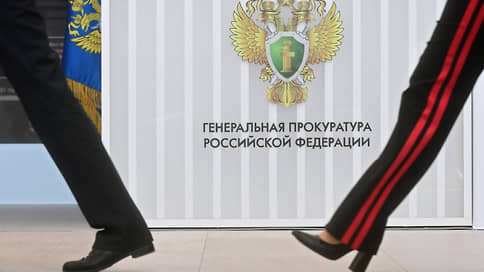
“Kommersant” became known the grounds on which the Russian General Prosecutor General’s proceeding is prohibiting the proceeding in the Hague International Investment Arbitration in the Hague in the Gaming of the German Corporation Wintershall Dea GmbH by € 7.5 billion. According to supervision, the court itself is illegal both by the whereabouts and the composition, obviously tuning against the defendant and in general Body. Arbitrators are actually influenced by countries hostile to Russia, noted in the GP. In case of continuation of the proceedings with its participants, including arbitrators, € 22.5 billion should be recovered. Lawyers note that Russia for the first time seeks an anti -INSKAL BANGURITION ON THE INSTURETARITITION, using the provisions of the Arbitration Procedure Code of the Russian Federation, but it will be difficult to execute it abroad.
Wintershall « exposes itself to a victim »
According to Kommersant, referring to the Moscow Arbitration Court, the Prosecutor General’s Office reports that the Aurelius Cotta Law Firm, representing the Wintershall Dea, was received in the Russian Foreign Ministry on December 15, about the beginning of an arbitration against the Russian Federation. The dispute was initiated with reference to the provisions of the 1994 energy chart of the 1994 energy chart, which was not ratified by Russia and was not applied. The total amount of the requirements of the corporation is at least € 7.5 billion.
Wintershall Dea in the Russian Federation belonged to 25.01% in the project for the development of two blocks of the Achimovsky deposits of the Urengoy deposit « Aimi Development » and 35% in Severeftegazprom. The latter develops a giant South Russian field with inventories of more than 1 trillion of cubic meters of gas in the category ABS1+C2. The Gazprom was also a Wintershall partner for two projects, the Austrian OMV was also a share in Severneftegazprom. In addition, Wintershall owned 15.5% in the gas pipeline operator along the Baltic bottom from Russia to Germany North Stream-2.
In January 2023, Wintershall announced his intention to leave the Russian market. And at the end of 2023, Russian President Vladimir Putin signed decrees on the sale of shares of foreign shareholders, including Wintershall, in joint enterprises to national owners. In 2024, by decree of the Government, Russian companies were created to manage these enterprises without the participation of foreign shareholders as part of special economic measures – Severneftegazprom LLC, Gazprom YurgM Trading LLC and Gazprom YurGM Development LLC.
Now Wintershall Dea claims that her cooperation with Gazprom PJSC was discontinued as a result of President Putin’s decrees, because of which the corporation lost the opportunity to conduct business in Russia, and her investments in mining were expropriately.
In turn, the Russian Prosecutor General, having checked the arguments of the Wintershall Dea, came to the conclusion that they « are far -fetched and are not true. » The corporation, believes supervision, hid the circumstances of successful cooperation with Gazprom PJSC for more than 17 years. And in 2022, Wintershall Dea herself decided to stop him, joining sanctions against Russia. At the same time, as a formal reason, the Prosecutor General’s Office notes, “actions of the Russian Federation to protect Russian -speaking citizens living in a number of regions of Ukraine, including in the Donbass” were used. The corporation publicly condemned them, announcing the departure from the Russian market, and unilaterally stopped cooperation with Gazprom, « which violated the obligations of energy projects. » Thus, the Prosecutor General’s Office is considered to be the Wintershall Dea to the detriment of itself, projects and national interests of the Russian Federation “created real threats of emergency situations of a natural and technogenic nature,” and now “exposes itself to a victim”.
It was in response to such actions by the President of Russia in December 2023 that decrees “On special economic measures in the fuel and energy sphere in connection with the unfinished actions of some foreign states and international organizations” and “On additional special economic measures …” were issued. They pursued an exceptional goal – to support energy projects in a functioning state, to protect them from illegal sanctions and unscrupulous actions of Wintershall Dea.
The arbitration court was convicted of hostility
According to the Prosecutor General’s Office, having initiated a trial in arbitration, the corporation seeks an “engaged” decision and its subsequent execution abroad. On May 28, 2024, she appealed to the permanent chamber of the arbitration court (PPTS; Gaaga, the Netherlands). The choice of this particular arbitration, the GP believes, was due to the fact that the PPTs « openly takes a hostile position in relation to the Russian Federation and its residents. » The supervision associated this with the fact that the court is in the jurisdiction of the Netherlands, one of the NATO countries actively supporting Ukraine. Thus, the Netherlands, the Netherlands, noted in the Prosecutor General’s Office, said, on April 13 this year, the Minister of Defense of the country Ruben Bremelmans is considering the possibility of placing a military contingent in Ukraine. On the same day, the Netherlands announced the allocation of Ukraine for the next tranche of € 150 million for the purchase of air defense systems. Thus, the supervision decided, the Netherlands « by the will of their own government » ceased to be a neutral state in relation to Russia. In this regard, the Wintershall Dea initiated by this country “signs“ prevents the objective, unbiased and impartial resolution of the dispute ”. Representatives of Russia will not even be able to participate in it, since there are no air traffic between the countries, and the Netherlands do not issue visas to the Russians.
Thus, the Prosecutor General’s Office believes, the Russian Federation does not have access to the PPTS, which violates the right to protect the interests of the state. Russia cannot hire lawyers, since in the Netherlands and a number of other European Union states there are sanctions restrictions, including the provision of legal services. And even if lawyers are found, due to sanctions their services is problematic.
The PPTS itself, the statement of the Prosecutor General’s Office is noted, has lost “neutrality and impartiality”. Thus, the Secretary General of Arbitration Marcin Chepelak repeatedly publicly called Russia the “aggressor”, participated in anti -Russian events, thereby “forming” the public and hostile attitude towards the Russian Federation and its residents.
As a result, the composition of the arbitrators was formed at the PPTS, « not meeting the requirements of universally recognized principles of the International Court, including impartiality, neutrality and independence. » Thus, the presiding referee Olufunk Ajoya, Nigerian from Birmingham, who studied in the United States, according to the data presented by supervision, « from birth is under the British-American influence that had formed anti-Russian beliefs for a long time. »
The Prosecutor General’s Office notes that the Government of Great Britain Russia is included in the domestic system of registration of foreign influence (firs). This means that all the British who have any connections with the Russian Federation must declare such a relationship, otherwise they are facing a imprisonment. Including Judge Adekoy. “Through this mechanism, Great Britain guaranteed itself a secretive participation in arbitration with Wintershall Dea, the ability to manipulate the process and have a direct influence through the main arbitrator,” the GP lawsuit said.
Hamida Garav, both before his appointment by the referee and after him, « is under constant information and political pressure of state authorities of the United States and France. » And Charles Ponse from Switzerland in 1996 was sentenced to two years conditionally for perjury, but a crime against justice thanks to the PPTS Secretary General of the PPTS did not become an obstacle to his participation in arbitration trials. According to the Prosecutor General’s Office, Mr. Ponse « established himself on the Anti -Russian Front. » He was part of the arbitration in the Yukos case, which decided to recover more than $ 50 billion from Russia, and also participated in Naftogaz against Russia, as a result of which $ 5 billion was awarded to the Ukrainian company.
In this regard, the Prosecutor General’s Office asks the Moscow Arbitration Court to ban the Wintershall Dea GmbH, its agents and counterparties to continue or support arbitration proceedings against the Russian Federation. The three arbitrators – to request, explore materials and evidence, hold hearings and make a decision in this case. In case of non -fulfillment of the already solution of the capital’s arbitration with Wintershall Dea GmbH, the legal company Aurelius Cotta, representing its interests, as well as the three in solidarity, should be recovered at € 7.5 billion. The penalty can be imposed, according to Kommersant, on the share of the German corporation in Russian societies. The date of the trial itself has not yet been set.
There were already prohibitions on the continuation of commercial arbitration. The partner of the NSP Law Bureau Ilya Rachkov notes that the anti -Isk ban (initiate or continue the trial abroad) under Art. 248.2 of the APC of the Russian Federation for the first time is required to apply it in relation to international investment arbitration, although the article refers to commercial arbitration. The fact is that the investarbitrazh is designed to resolve disputes between the state and the investor from another country (for example, when it comes to confiscation of assets in which foreign investments are invested), while commercial arbitration considers disputes between entrepreneurs.
Alexander Grebelsky, managing partner of the Grebelsky and Partners Law Bureau, said that in the global practice there were cases of a ban on continuing or initiating investments – for example, the Himpurna California Ltd V Republic of Indonesia or Salini Costruttori SPA V. The Federal Democratic Republic of Ethiopia, Addis Ababa Water and Seweraage Authority. But in Russia there are still no such decisions.
Ilya Rachkov adds that it is possible to prohibit German investors with the Russian Federation in the International Investarbitrazh if Russia leaves the contract between the USSR and the Federal Republic of Germany 1989 “On the promotion of the implementation and mutual protection of investments”, according to which the investigature procedure is provided for such disputes. In his opinion, to defend the interests of the Russian Federation, it is possible to declare the discharge of arbitrators, including those who had previously made decisions not in favor of Russia.
If the Moscow Arbitration Court satisfies the requirements of the Prosecutor General’s Office and imposes such a ban, this is unlikely to lead to the termination of the proceedings abroad, lawyers say.

